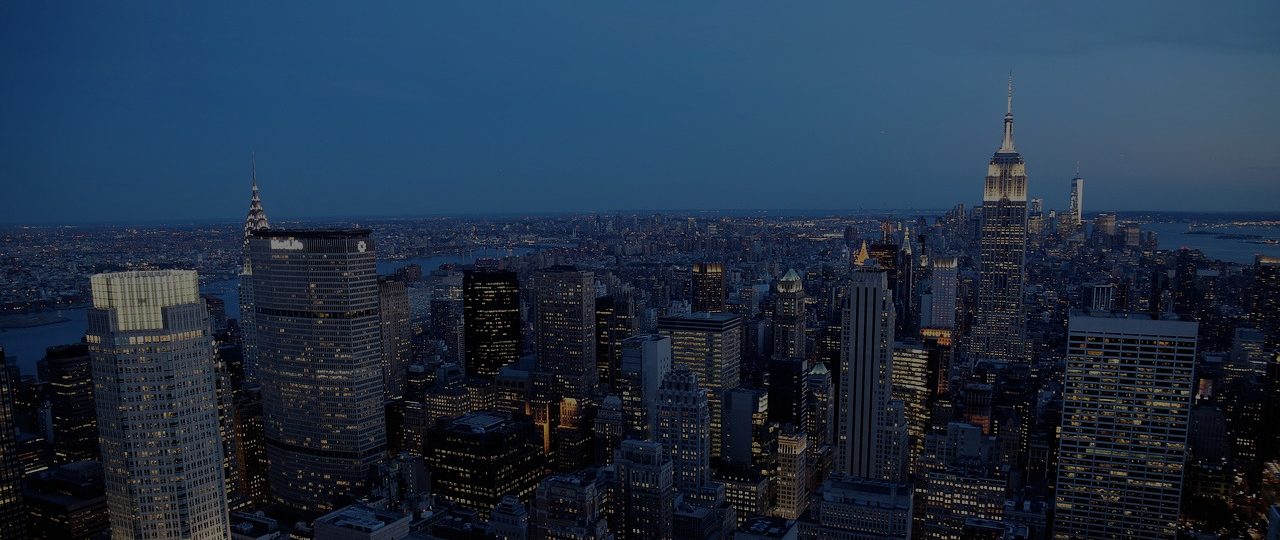 Over 500,000 young adults in the U.S. rely on DACA protections to work and study without fear of deportation. Yet, recent federal shifts under the Trump administration threaten this safety net, especially for families in Texas. Dallas, home to a vibrant immigrant community, feels these changes deeply. Parents worry about sudden raids. Children fear separation from loved ones. These policies ripple through daily life, from job hunts to school routines.
Over 500,000 young adults in the U.S. rely on DACA protections to work and study without fear of deportation. Yet, recent federal shifts under the Trump administration threaten this safety net, especially for families in Texas. Dallas, home to a vibrant immigrant community, feels these changes deeply. Parents worry about sudden raids. Children fear separation from loved ones. These policies ripple through daily life, from job hunts to school routines.
Federal visa processing delays have stretched to record levels this year, hitting 11.3 million cases nationwide. In Texas, this means families wait longer for reunions or work permits. Asylum seekers face tougher screenings, with work authorizations suspended for many new applicants. DACA, once a beacon for Dreamers, now hangs in limbo after court rulings limited new applications in Texas. For local families, these hurdles turn dreams into daily struggles. Experts at Escoto Law Office guide many through this maze, offering clear advice on options.
The Ripple Effect in Dallas Neighborhoods
Dallas immigrant families report heightened anxiety since early 2025. Federal crackdowns, including expanded travel bans and stricter asylum rules, have slowed border crossings and job growth. The Dallas Fed notes that one in five Texas businesses struggles to hire foreign-born workers due to these policies. This scarcity forces families to adapt quickly. Some parents skip work to avoid checkpoints. Others delay medical visits out of deportation fears.
- Job losses spike as H-1B visa renewals drag on, affecting tech workers in North Dallas.
- Schools see more absences; kids stay home when parents face ICE scrutiny.
- Rent burdens rise without steady income, pushing families toward overcrowded housing.
Take Maria’s story, for instance. A single mom from Mexico, she arrived in Dallas as a teen under DACA. “I built a life here, coaching soccer after shifts at a restaurant,” she shares. But now, with Texas courts blocking full DACA benefits, her renewal sits in limbo. Without work authorization, bills pile up. Maria’s two kids, U.S. citizens, sense the tension. “They ask why I can’t pick them up from school anymore,” she says, voice cracking. Stories like hers echo across Oak Cliff and East Dallas, where immigrant roots run deep.
Visa Delays: A Family’s Ticking Clock
Visa backlogs have worsened, with EB-4 categories exhausted by February 2025. Families sponsoring relatives wait years, not months. In Dallas, this delays reunions for Central American kin fleeing violence. Asylum policies tightened too; credible fear interviews now demand ironclad proof, slashing approvals. For those in limbo, uncertainty breeds stress. How do you plan a future when papers vanish into bureaucracy?
“These delays aren’t just paperwork. They fracture families, erode trust in the system,” notes attorney Raul Escoto from Escoto Law Office. His team has seen a 40% uptick in frantic calls this fall. “We help folks file appeals, but the wait? It wears on the soul.”
Transitioning to DACA specifics sharpens the picture. Courts paused new applications nationwide since 2021, but a January 2025 settlement hints at reopening, except in Texas. Here, DACA offers deportation shields minus work permits. Current recipients keep their jobs, yet fear lingers. “It’s like living with one foot out the door,” says Dreamer advocate Sofia Ramirez. For Dallas families, this means scraping by on savings or side gigs, all while eyeing headlines about mass deportations.
Asylum Shifts and Community Fears
Asylum pathways narrowed dramatically in 2025, reviving “Remain in Mexico” echoes. Seekers must prove extreme peril upfront, with denials soaring. Dallas shelters overflow with those turned back at the border. Families split across lines endure video calls laced with worry. What if Dad’s claim fails? Will kids join him south?
- Public charge rules expanded, blocking visas for benefit users and scaring families from aid.
- Raids in workplaces hit hospitality hard, a sector Dallas immigrants dominate.
- Mental health strains grow; therapists report trauma spikes among youth.
Yet, glimmers persist. USCIS eased some agricultural worker filings in October, aiding Texas farms. Interview waivers expanded too, cutting waits for renewals. Still, for most, the scale tips toward hardship. “Policies meant to secure borders often secure fear instead,” Escoto reflects. His firm pushes for humanitarian parole extensions, buying time for vulnerable clients.
Voices from the Frontlines
Local experts urge preparation over panic. “Document everything. Know your rights,” advises Escoto. He recalls a client, Ahmed, an Afghan SIV holder delayed by vetting. “Ahmed’s family waited two years in limbo. We fought the backlog, got his visa. But imagine the toll.” Ahmed now drives for Uber in Irving, his kids in Dallas ISD. Successes like his fuel hope, but Escoto warns: “Federal whims change fast. Families need allies now.”
Community groups step up too. Dallas’s RAICES offers free clinics, teaching appeal basics. Schools host know-your-rights workshops. For educators and professionals seeking to bridge language gaps with immigrant families, programs like those highlighted in this article on Spanish immersion trips provide tools to connect through language and culture. “We’re building resilience,” says organizer Lena Torres. “Kids learn they’re safe in class, no matter parents’ status.” These efforts knit a safety net, frayed but fierce.
Looking Ahead: Hope Amid Hurdles
As 2025 closes, Texas immigration updates signal tougher times ahead. With raids ramping and DACA dangling, Dallas families brace. Yet, litigation lingers; courts may yet expand protections. For now, blend caution with action. Seek counsel early. Rally neighbors. In this flux, unity counts.
Texas immigration updates remind us: Policies shape lives, but people endure. From visa queues to asylum battles, the fight persists. Families like Maria’s press on, kids in tow. Experts at firms like Escoto Law Office stand ready, turning legalese into lifelines. Reach out. Build back stronger. Dallas thrives on such spirit.


